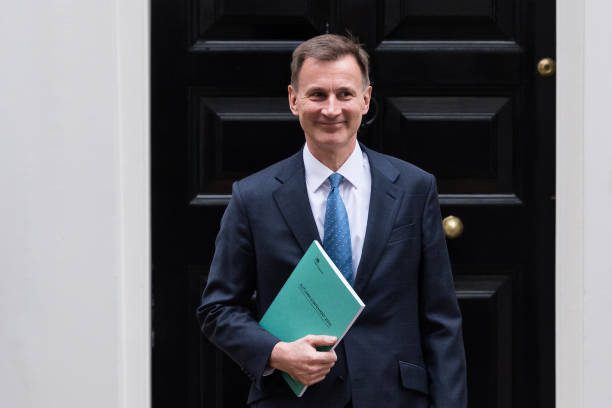This week the government launched a consultation on its plans to tighten the sugar levy. This follows last year’s review of the effectiveness of the SDIL to date. Chancellor Rachel Reeves strongly hinted that the government was considering broadening the scope of the levy at October’s autumn budget and the consultation document does just that.
The government’s proposals include reducing the minimum sugar content level at which the levy applies from 5g to 4g; removing the exemption for milk-based drinks; and removing the exemption for milk substitute drinks. This means milkshakes, pre-made coffees and many of your favourite fizzy drinks will be reformulated or face becoming taxable.
Initial analysis suggests that over 90% of milk-based products will be affected. Initially exempt because milk is a source of calcium for children, the government’s revised position is that any potential health benefits are outweighed by the negative impact of consuming high levels of sugar.
Although the contents of this consultation come as no surprise to those who have been closely following policymaking in this space, it does set the mood music for the upcoming national food strategy and signals a government unafraid to be heavy-handed when it comes to public health. Although the SDIL is widely considered to be a successful and effective policy intervention, the UK’s sugar consumption remains significantly above recommended levels, especially among children. By lowering the sugar thresholds and widening the scope of products, more soft drink producers will be forced to reformulate products or see their production costs increase. However businesses decide to act in response to changing regulations, the government hopes the result is a significant reduction in the nation’s consumption of sugar.
Obesity costs the NHS around £6.5 billion a year. NHS data shows a deeply concerning trend of rising childhood obesity. Almost 10% of children are now living with obesity by the time they start school and 24% of children have tooth decay by aged five thanks to excess sugar consumption. With obesity taking effect earlier in life, the associated costs for the NHS are set to soar to £9.7 billion by 2050. This is especially bad news for a government grappling with a challenging economic environment and acute pressures on public spending. But for Labour, it feels all the more personal because in the most deprived areas the prevalence of obesity can be almost 15% higher than in the least deprived ones – something that the last government’s food strategy picked up on. Tackling health inequality is a huge part of the government’s commitment to ensuring all children and young people have the same opportunities and start in life.
For industry, there is a fine balance to strike. Full resistance to public health reforms designed to improve the health of our children would leave a bad taste in consumers’ mouths. Developing and maintaining an open, constructive dialogue with government, including showcasing innovative reformulations, will be a far more effective approach. Framed in this way, industry will be able to better make the case that a proportionate approach to SDIL and wider public health reforms will deliver positive health and economic change.
Now is the time to engage. Those who can successfully demonstrate alignment with the government’s public health goals will be well-positioned for future discussions about the developing national food strategy, which will set the strategic direction of travel for the rest of this parliament and beyond. One thing is for sure, this is unlikely to be the last government intervention in the name of improving the nation’s health.
The consultation runs until 21 July. If you’d like to discuss contributing to it or the wider HFSS policy environment, please contact Lauren on lauren.atkins@gkstrategy.com.





